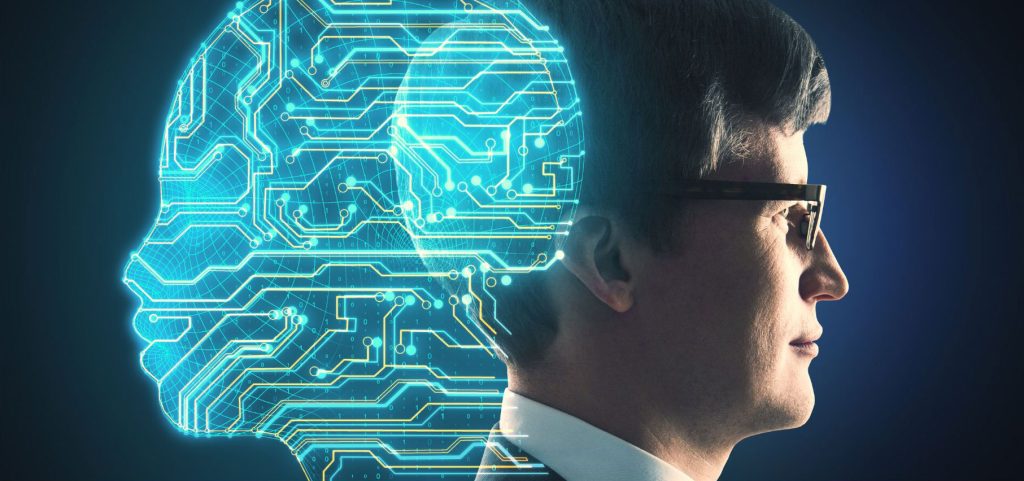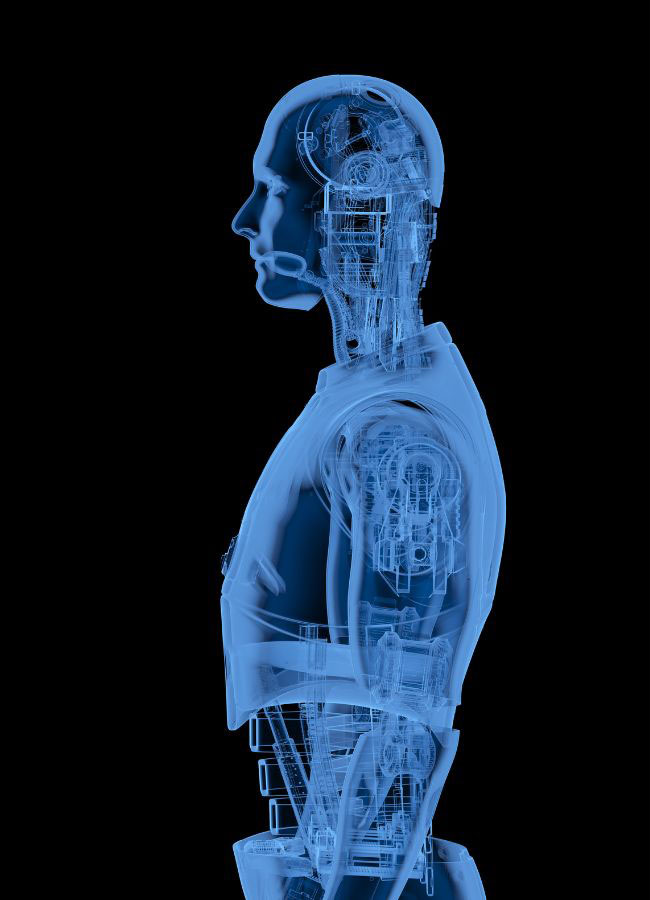Artificial Intelligence (AI) is one of the hottest topics in the tech space. Things like AI chatbots, Chat GPT, OpenAI, and even established intelligence such as Siri, Google and Alexa have become officially ubiquitous. It’s undeniable that AI has the potential to change the way we all live, work and play. However, while change brings great possibilities, it also brings uncertainty and fear. The question is, how will AI shape the technology space and will its impact on software development leave the industry unrecognisable?

Why Do We Fear Artificial Intelligence?

To the everyday person, AI can be intriguing, engaging, and also – extremely scary. In 2017, Facebook created two AI bots named Bob and Alice, aiming to start a dialogue between robots and humans, and to report on their findings. When the bots were then directed to talk to each other, they communicated in a manner that was impossible for humans to understand, forcing Facebook to shut both down immediately. This was one of a few foundational cases that gave credence to the fears surrounding AI, and its correlation with what was previously thought of as merely sci-fi fear led to a valid sense of panic. However, just how valid is the fear and scepticism around AI today?
Is AI going to hurt the software space? Will it result in more redundancies? Can it spy on you? How much can we trust intelligence made by humans – but designed to operate with the efficiency, accuracy, and discernment of a computer? Is it dangerous or powerful to make AI creative? And what will our world look like in 10 years?
How Will AI Change the Technology Space?
Regardless of our personal feelings about AI, one fact remains: it’s here and it’s here to stay. It will only grow larger as an industry as it continually adapts to meet the societal requirements of its functionality. Not only that, but it will most likely become more adept at completing tasks and using machine learning to creatively provide solutions to problems. With companies like Microsoft, who are ubiquitous within the software space, entering the AI milieu with Bing AI chatbot, it’s clear that more competitors and even new organisations are highly likely to start adopting the technology; we are just at the start of what could be a very tall bell curve.
So what does that mean for software developers, designers and just about everyone within the tech space? Well, for the moment, everyone can rest easy. Predictive AI works on the basis of what the most logical next word or phrase would be for the question asked of it. Currently, its ability to deal with highly complex, specific use-case scenarios isn’t so good. However, even as the technology evolves and improves, the software industry will need human input to ensure that the logic and functionality being produced meets the end user’s requirements and standards. Maintenance, optimisation, and other functions are also imperative to consider, and these all require a human touch.

What Does the Future Hold for Software Development?

AI has the power to transform processes and optimise workflows throughout the whole software development lifecycle. With time, that will include tasks that normally require human intelligence, such as the ability to reason and generalise. As such, those who adopt AI in a pragmatic, strategic manner will experience the benefits of increased productivity, and will likely avoid the more threatening and fearful elements of the technology. Everyone from developers to quality assurance engineers will be able to use AI-augmented tools to optimise their work and build better solutions that meet and exceed customer expectations.
That said, whilst AI and things such as ChatGPT become more prevalent and influential in everyday life and AI-based tools are incorporated into software development, there still remains the need for human interaction on a technical and ethical level. Software development will continue to be best delivered via a consultative approach, and bespoke solutions will always be the best decision for businesses that can afford them.




